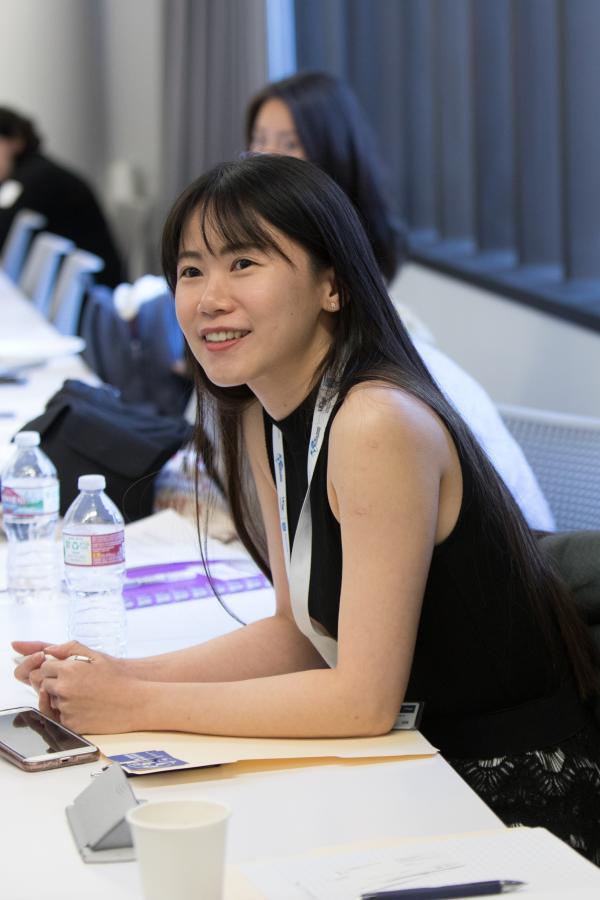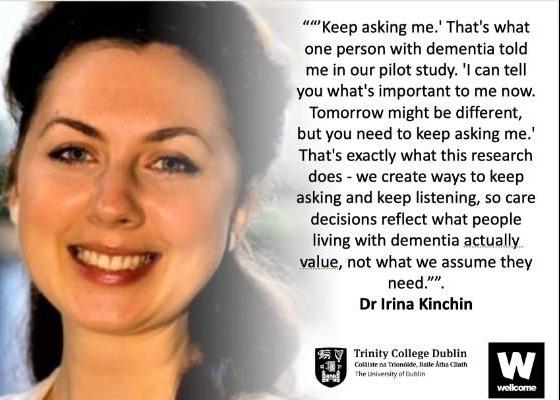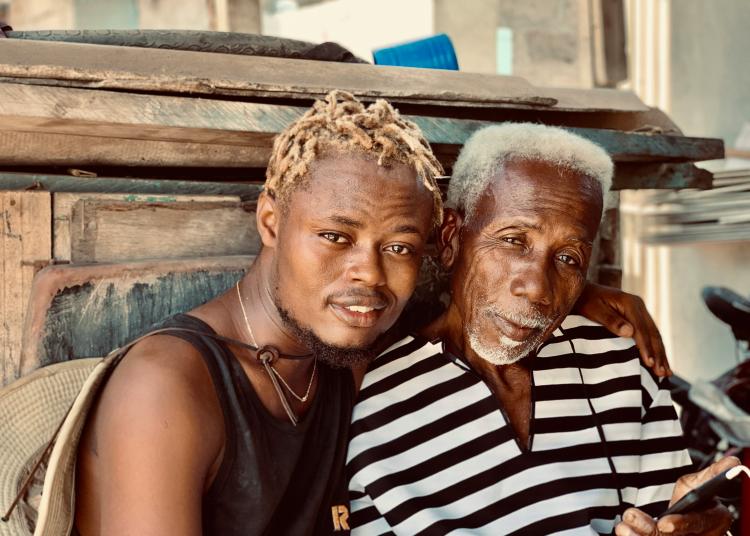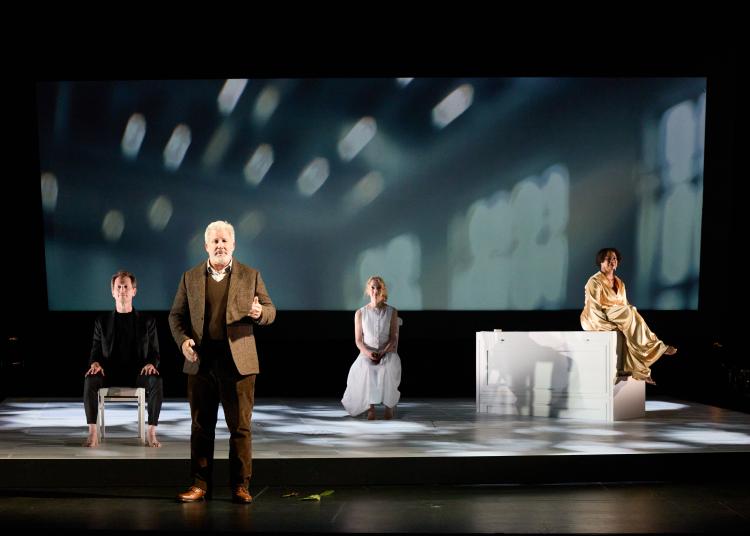Overview
GBHI embraces science, art, and creativity to improve our understanding of brain health and dementia, and to lead change in practice, perception and policy. Through evidence-based research and artistic exploration, we aim to improve our understanding of the experience of people with dementia and their carers, as well as provide opportunities to amplify narratives, change perceptions, and stigma, and generate possibilities for community engagement and systemic transformation.
The program aims to build awareness and confidence in new roles and relationships, to increase openness to change, and to challenge assumptions and ideas. Atlantic Fellows are encouraged to engage with the perspectives of others, to examine preconceived notions, and to further build a global mindset. Through a shared curriculum and common immersive experiences, fellows are challenged with subjects, perspectives, and experiences that may be outside of their personal or professional frame of reference.
Core Competencies
The program aims to build the following core competencies:
- Values-based practice: A strong sense of the GBHI values and a commitment and ability to embody those values in their own practice and inspire them in others. The GBHI core values are mapped onto all the activities of the program, and are modelled, emphasized, and reinforced by staff and faculty throughout the fellowship experience.
- Brain health knowledge: A strong foundation in the bio-psycho-social origins of dementia and neurodegeneration supported by an understanding of, and empathy for, the lived experience of people with dementia and a commitment to equity, inclusion, and ethical practice. Core course content and experiential learning integrate the clinical, scientific, socioeconomic, legal, ethical, and policy aspects of dementia with the human experience, reinforcing core values and building a rounded understanding of, and empathy, for issues at a societal and person-centered level.
- Changemaking skills: An ability to develop, articulate, and communicate a vision for change. Through coursework, skills training, public speaking opportunities, mentoring and development of proposals the fellows hone the ability to build compelling arguments, structures, and plans for change.
- Leadership grounded in fairness and opportunity: The ability to be transformative through the lens and ethos of equity. To work collaboratively and respectfully with those from different backgrounds or areas of expertise. Through the formal program and working closely with fellows from different cultures and engagement with the wider fellow cohort, GBHI leadership, UCSF and Trinity faculty and invited experts, the fellows develop key leadership skills that will help them promote GBHI 's mission of equity in brain health.
- Advocacy: The overarching ability and willingness to be an advocate for evidence-based change in policy and practice, to engage with and represent the interests of people living with dementia, their care partners, families, and communities. All components of the program aim to instill in fellows the vision and courage to act as an advocate for impactful change, whether in their home country or wherever their work will take them.
Impact Goals
Through a high-quality shared experience and a well-equipped toolbox, Atlantic Fellows will increase their potential to lay the foundation for global impact, contributing to collective program impact goals:
- Populations: Expand access to prevention strategies and care models for older adults facing barriers to health and opportunity
- Practice: Improve dementia diagnosis, treatment, and care for patients and families
- Perception: Create social change, reduce stigma, and inspire optimism and dignity for older persons
- Policy: Develop and refine brain health policies through evidence-based advocacy and outreach
- Publications: Generate and distribute knowledge to advance the field of brain health and dementia prevention






